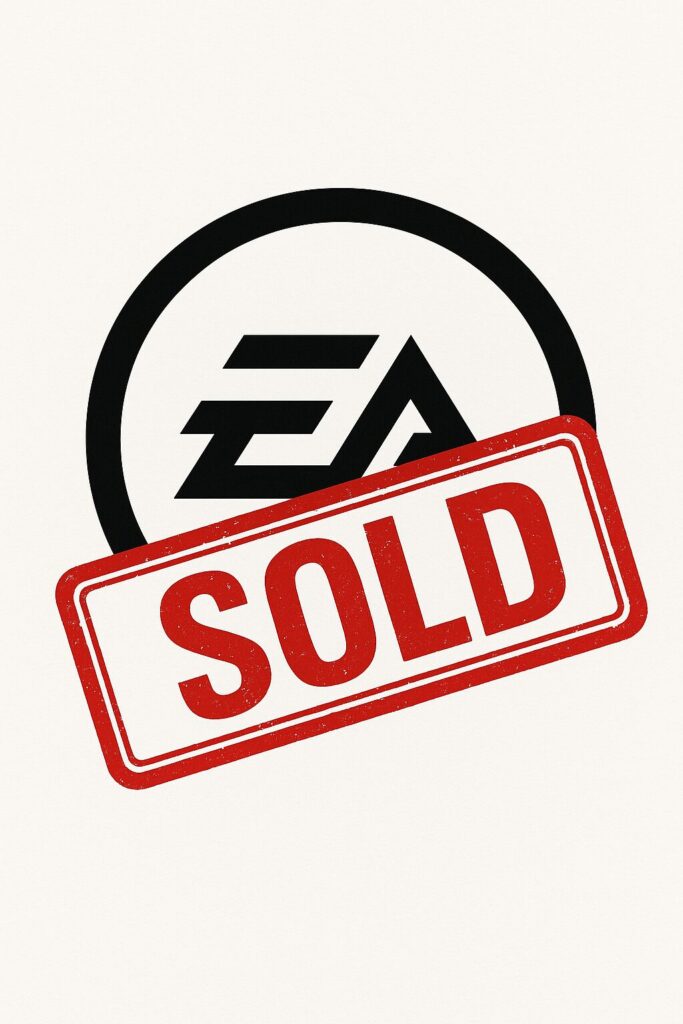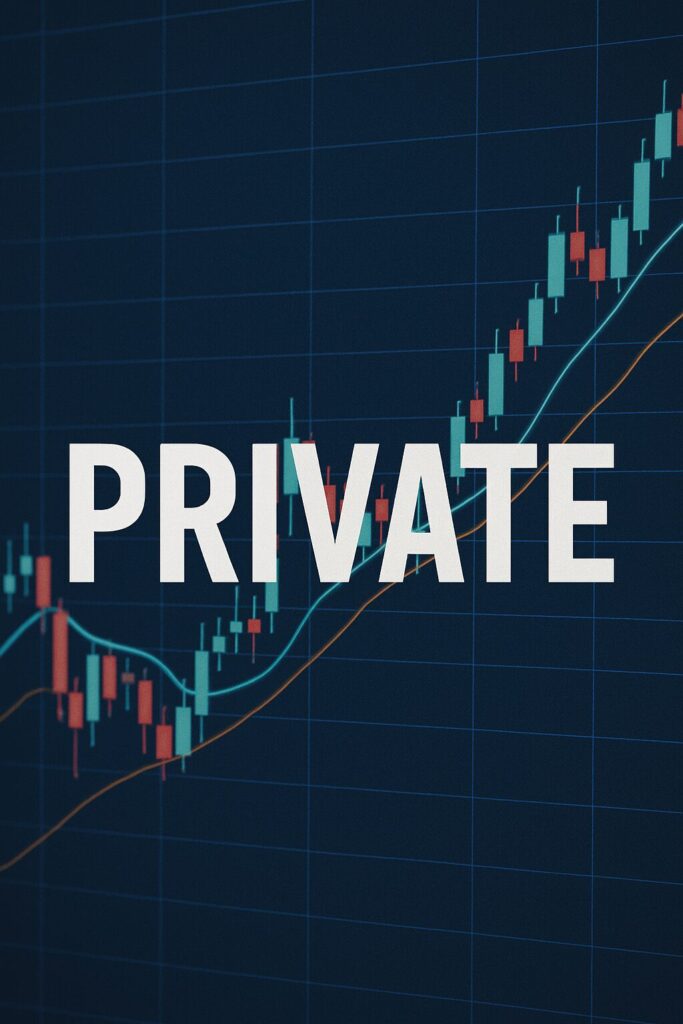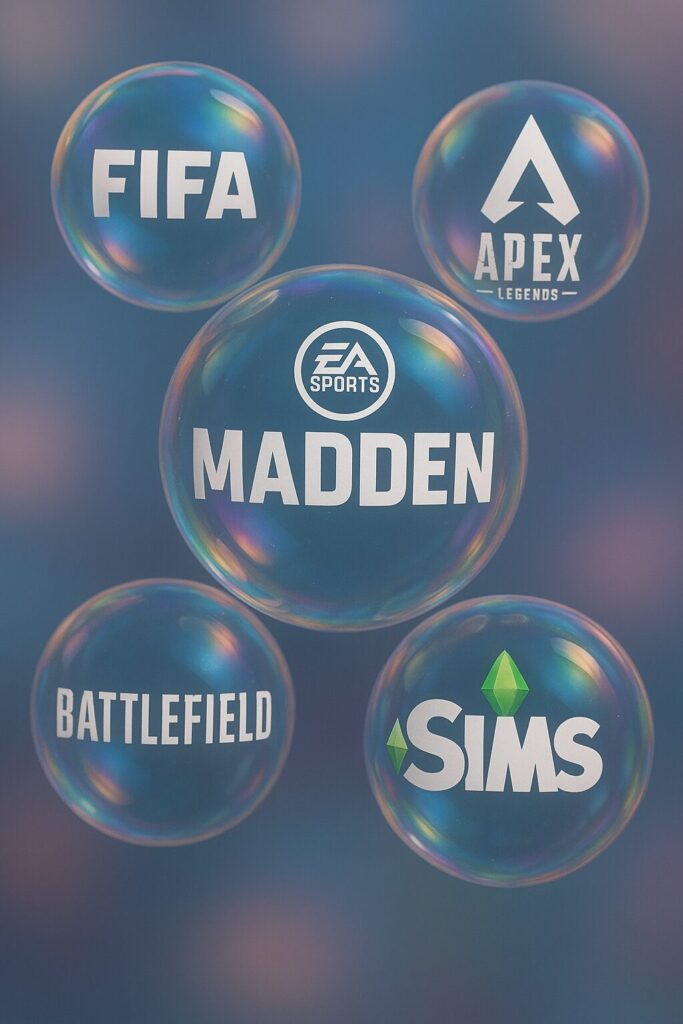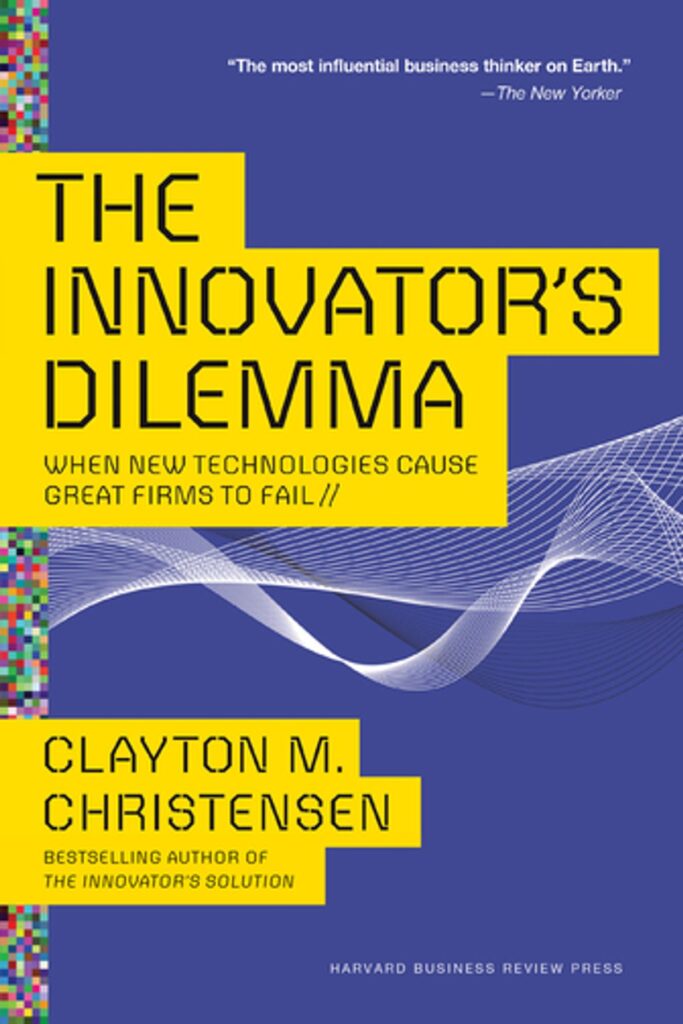The gaming world just got rocked: Electronic Arts (EA) is going private in a jaw-dropping $55 billion leveraged buyout, backed by Saudi Arabia’s Public Investment Fund, Silver Lake, and Affinity Partners.
This isn’t just corporate chess. This is a move that could reshape the way games get made, funded, and monetized.

🕹 What Just Happened?
- EA, the publisher behind FIFA, Madden, Battlefield, Apex Legends, and The Sims, is leaving the stock market.
- The deal is one of the largest buyouts in tech and entertainment history.
- It’s fueled by debt, meaning the new private owners are betting that EA can generate massive future cash flow.
For everyday gamers, that might sound like background noise. But the ripple effects? They’ll land right in your living room.
📉 Less Shareholder Pressure = More Freedom?
Being a public company means constant quarterly earnings reports, investor calls, and shareholder pressure.
Going private could mean:
- Riskier bets — EA may take more creative swings, greenlighting projects without worrying about stock dips.
- Long-term focus — less obsessed with short-term profits, more with sustainable ecosystems.
- Room to experiment — think new IPs, bold indie-style partnerships, or next-gen tech adoption.
Sounds good, right? Well…

⚠️ The Dark Side of Leverage
This buyout comes with mountains of debt. And that debt has to be repaid.
Translation:
- EA might crank up microtransactions, DLCs, and subscriptions harder than ever.
- Studios under EA could face budget cuts or staff layoffs to keep margins healthy.
- Risky experiments might not happen if the investors want predictable cash cows.
So while this could spark creativity, it could also double down on the “pay-to-play” grind.
🌍 What It Means for the Gaming Landscape
- AAA Games
Franchises like FIFA (now EA Sports FC) and Battlefield will likely stay safe, but expect more “live service” hooks. - Indie Devs
If EA pulls back on smaller bets, this creates room for indie studios to eat up the market. That’s a win for innovation. - Gamers
Brace yourself: subscription bundles, cross-platform passes, and in-game economy pushes will probably expand. - Competitors
Ubisoft, Take-Two, and even Sony/Microsoft are watching closely. Don’t be surprised if more M&A fires start spreading.

💡 Yarinuku Takeaway
This isn’t just a business headline — it’s a shift in how power flows in gaming. If EA pulls it off, more publishers might go private to escape Wall Street’s grip. If it backfires? Expect a flood of fire sales, layoffs, and indie talent getting scooped up.
Either way, gamers and creators need to stay alert.
“EA’s $55B gamble is just one level of the bigger game. If you want to level up your knowledge on how studios rise, fall, and reinvent themselves, dive into Blood, Sweat, and Pixels. It’s basically the blueprint every gamerpreneur needs. [Snag it below]”
Named one of 100 Leadership & Success Books to Read in a Lifetime by Amazon Editors
A Wall Street Journal and Businessweek bestseller. Named by Fast Company as one of the most influential leadership books in its Leadership Hall of Fame. An innovation classic. From Steve Jobs to Jeff Bezos, Clay Christensen’s work continues to underpin today’s most innovative leaders and organizations.
The bestselling classic on disruptive innovation, by renowned author Clayton M. Christensen.



